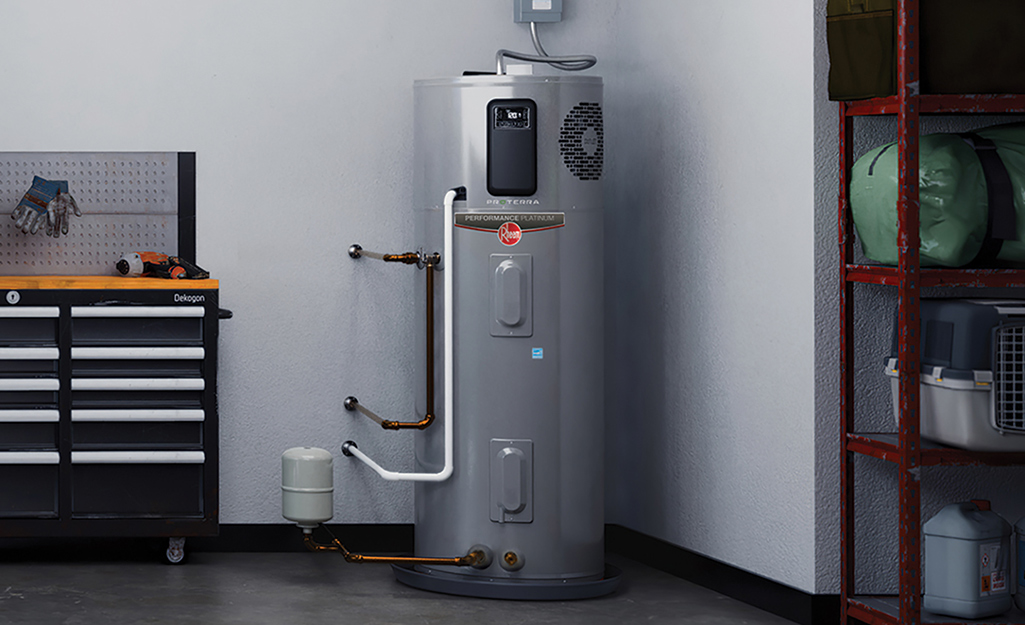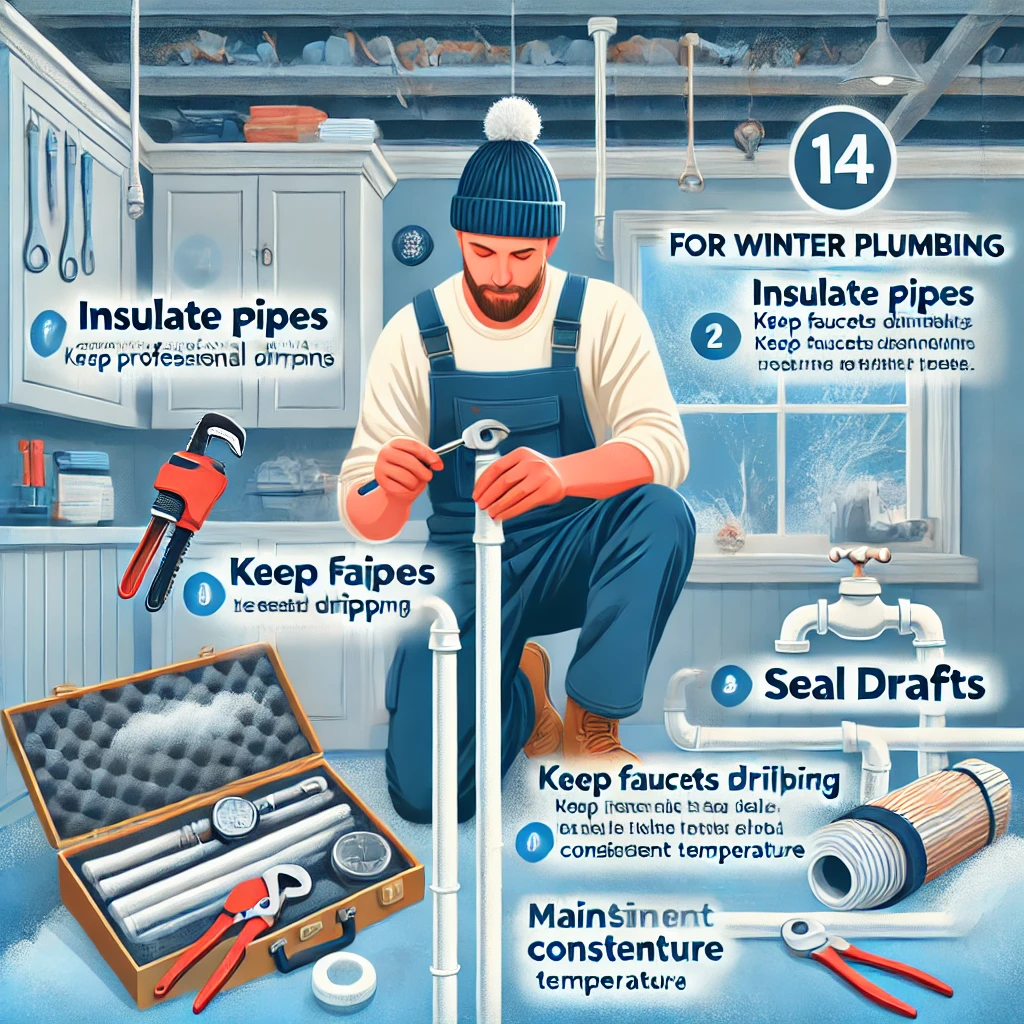
General plumbing is the backbone of a well-functioning home. It encompasses a wide range of services that are essential for the daily operation of your household’s water and gas systems. In this comprehensive overview, we will delve into the various aspects of general plumbing, its importance, common issues homeowners face, and best practices for maintenance.
Understanding General Plumbing
General plumbing services cover everything from the installation, repair, and maintenance of pipes, fixtures, and fittings that constitute a home’s plumbing system. This includes the management of both fresh water coming into your home and wastewater going out. The primary components include water supply lines, drainage systems, faucets, toilets, showers, and sinks.
Importance of Efficient Plumbing Systems
The importance of a well-maintained plumbing system cannot be overstated. It ensures a continuous supply of clean water, which is crucial for drinking, cooking, and cleaning. Efficient plumbing also contributes to the sanitation of your home by effectively removing wastewater and preventing the potential health hazards associated with sewage and waste build-up.
Common Plumbing Issues
Homeowners often encounter a variety of plumbing issues, ranging from minor annoyances to major emergencies. Some of the most common problems include:
- Dripping Faucets: This not only wastes water but can also lead to higher water bills.
- Leaky Pipes: Often hidden within walls, these can cause significant damage over time.
- Running Toilets: A continuously running toilet can waste a large amount of water.
- Clogged Drains: Whether in the sink, shower, or toilet, blockages can lead to inconvenient backups.
- Low Water Pressure: This can be due to various reasons, including pipe corrosion or sediment build-up.
Preventive Measures and Maintenance
Regular maintenance is key to avoiding major plumbing issues. Here are some preventive measures:
- Regular Inspections: Scheduling annual inspections by a professional plumber can help identify potential problems before they become serious.
- Avoiding Clogs: Be mindful of what goes down your drains. Avoid flushing anything other than toilet paper and avoid pouring grease or food scraps down the kitchen sink.
- Insulating Pipes: This is especially important in colder climates to prevent freezing and bursting.
- Monitoring Water Pressure: Sudden changes in water pressure can indicate underlying issues in your plumbing system.
- Checking for Leaks: Regularly inspect under sinks and around toilets and appliances for signs of leaks.
DIY vs Professional Services
While some minor plumbing issues, like a simple clog, can often be handled by a DIY approach, more complex problems require professional expertise. DIY attempts on complex issues can lead to further damage and higher costs in the long run. Professional plumbers have the necessary tools, skills, and experience to diagnose and fix plumbing issues efficiently and safely.
Emergencies and 24/7 Services
Plumbing emergencies, such as burst pipes, major leaks, or sewage backups, require immediate attention. Many plumbing service providers offer 24/7 emergency services to address these issues promptly, minimizing damage to your property.
Environmental Considerations and Sustainable Practices
Modern plumbing is not just about fixing leaks and unclogging drains; it also involves implementing sustainable practices. This includes installing water-efficient fixtures, such as low-flow toilets and showerheads, and considering eco-friendly solutions like rainwater harvesting systems.
Conclusion
General plumbing is a critical aspect of maintaining a healthy, safe, and comfortable home. Regular maintenance, awareness of common issues, and timely intervention by professional plumbers are key to keeping your plumbing system in top condition.
By understanding the basics of general plumbing and adopting preventive measures, homeowners can avoid major inconveniences and costly repairs. Remember, a little care and attention can go a long way in ensuring the longevity and efficiency of your home’s plumbing system.






Leave a Reply